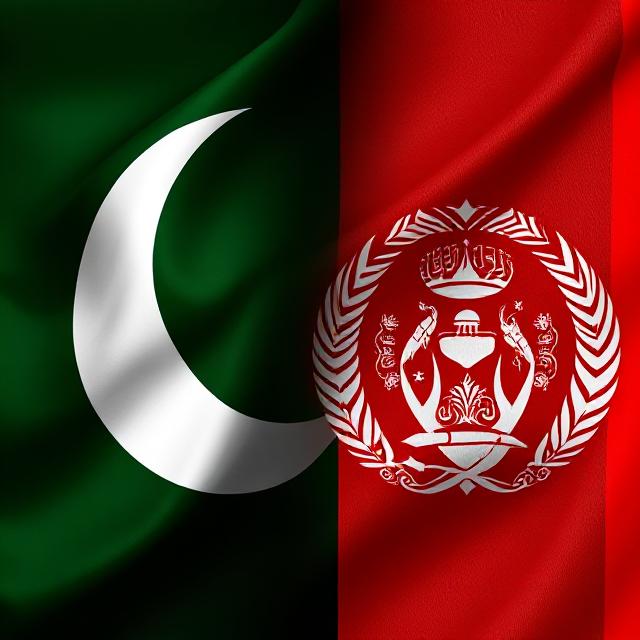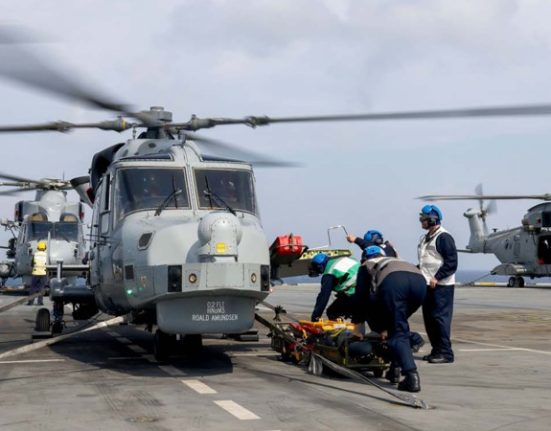23 Pakistani soldiers killed as tensions surge across frontier
Pakistan says 23 of its soldiers have been killed and nearly 30 injured in intense clashes with Afghan forces, marking the deadliest fighting between the two neighbours since the Taliban’s return to power in 2021.
The violence erupted late Saturday after the Taliban government in Kabul launched what it described as a “retaliatory operation,” accusing Islamabad of carrying out an air strike near the Afghan capital last week.
According to Taliban spokesman Zabihullah Mujahid, Afghan forces crossed the border to attack Pakistani military posts. He claimed 58 Pakistani troops were killed in the exchange, while 20 Afghan soldiers were either killed or wounded.
Pakistan’s military disputed those figures, saying its own forces had responded with “cross-border raids and rocket fire,” killing more than 200 Afghan Taliban, Tehrik-e-Taliban Pakistan (TTP), and Baloch separatist fighters.
Diplomatic fallout deepens
The Pakistani army condemned the incursion as a “serious provocation,” noting that it coincided with a visit by Taliban foreign minister Amir Khan Muttaqi to India – a move Islamabad described as deeply suspicious.
“If the Taliban government continues to sponsor terrorist outfits in cahoots with India, the state of Pakistan will not rest until the menace of terrorism emanating from Afghanistan is completely eliminated,” the military said in a statement.
Kabul has rejected Pakistan’s claims, insisting that it does not allow its territory to be used for attacks on other countries. Muttaqi, speaking in New Delhi, said Afghanistan had “achieved the objective” of its operations and repeated that “there are no TTP safe havens in Afghanistan.”
Regional mediation and rising casualties
Qatar and other Islamic countries reportedly intervened to broker a ceasefire around midnight. However, the clashes underscore the collapse in trust between two governments that once shared deep ties.
Pakistan, long an ally of the Afghan Taliban, has accused Kabul of harbouring militants from the TTP and Baloch separatist movements responsible for a surge in violence along its western border. According to the South Asia Terrorism Portal, about 900 Pakistani security personnel and 500 civilians have been killed in insurgent attacks so far this year – the highest toll since 2009.
Islamabad’s deputy prime minister and foreign minister, Ishaq Dar, said Pakistan’s response targeted “Taliban infrastructure, TTP, and Baloch separatist hideouts” while avoiding civilian casualties. “Unlike Taliban forces, we are exercising extreme caution,” he wrote on social media.
Fears of wider escalation
Afghanistan’s deputy government spokesman Hamdullah Fitrat accused elements within Pakistan’s military of deliberately seeking to destabilise Afghanistan and of harbouring leaders of the Isis-Khorasan group, which has carried out attacks in both countries.
With both sides trading accusations and casualties mounting, regional powers have urged restraint. Saudi Arabia, which recently signed a mutual defence pact with Pakistan, called for “the avoidance of escalation and the adoption of dialogue and wisdom.”
Despite temporary calm along parts of the 2,600km border, the latest fighting has reinforced fears that the long-fractured relationship between Islamabad and Kabul could once again slide into open hostility – with dangerous consequences for a region already on edge.







